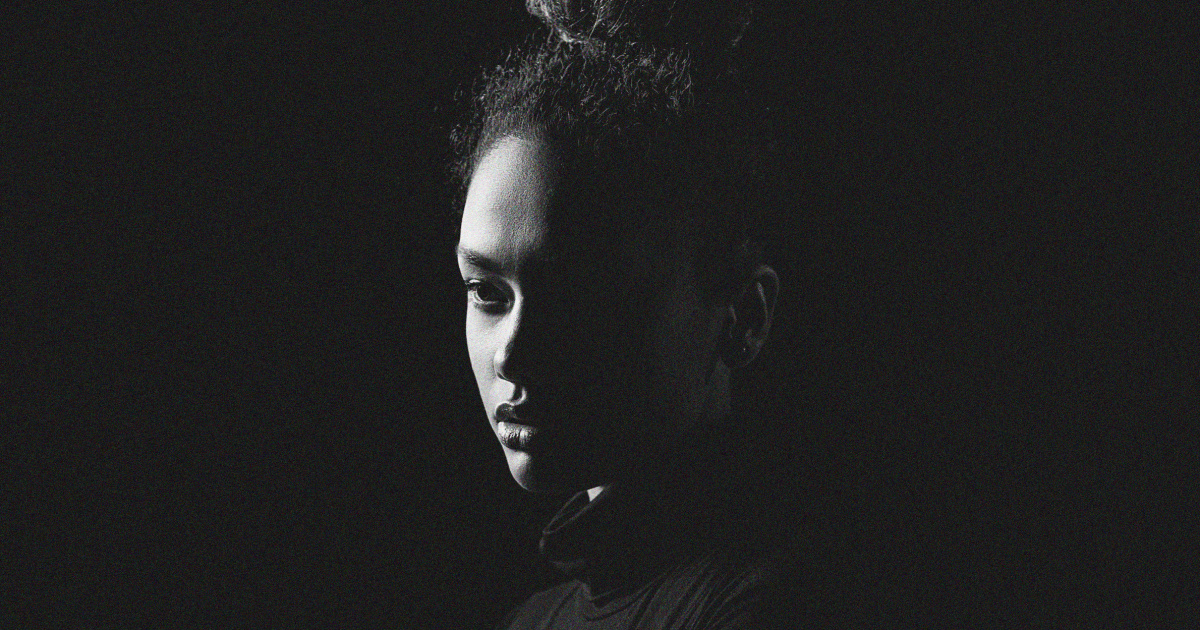- cross-posted to:
- news@lemmy.world
- cross-posted to:
- news@lemmy.world
The paper included a decade’s worth of data from the Centers of Disease Control and Prevention among Black women ages 25 to 44 across 30 states.
In the U.S., Black adult women are six times more likely to be killed than their white counterparts, troubling new data reveals.
A paper published Thursday in The Lancet medical journal analyzed homicide rates of Black women ages 25 to 44 across 30 states. The data was collected between 1999 and 2020 by the Centers for Disease Control and Prevention’s National Vital Statistics System.
Homicides were classified in this study as death by shooting, piercing, cutting and other forms of violence. Racial disparities varied among states; in Wisconsin, for example, Black women were 20 times more likely to be killed than white women. Black women living in Midwestern and Northeastern states were also more likely to be killed by a firearm, the paper found.
The study was designed to provide more comprehensive data about homicide rates among Black women and fill in the gaps in the existing literature, said Bernadine Waller, the paper’s lead author and a postdoctoral psychiatry research fellow at the Columbia University’s Irving Medical Center.



I don’t think it is necessarily “selecting”. I’m not exactly sure what it is. But what I found in the article that at least starts to get at your questions is:
It goes on to talk about the relationship stresses of economic instability.
Also
I’m just passing along relevant bits of the article. I think the above quote would need more study as it strikes me as complex factors interacting. How many black women are killed by the police? I have no idea. How many die as a secondary result of police encounters? How does that compare to not getting police intervention sooner?
Finally, what to do?